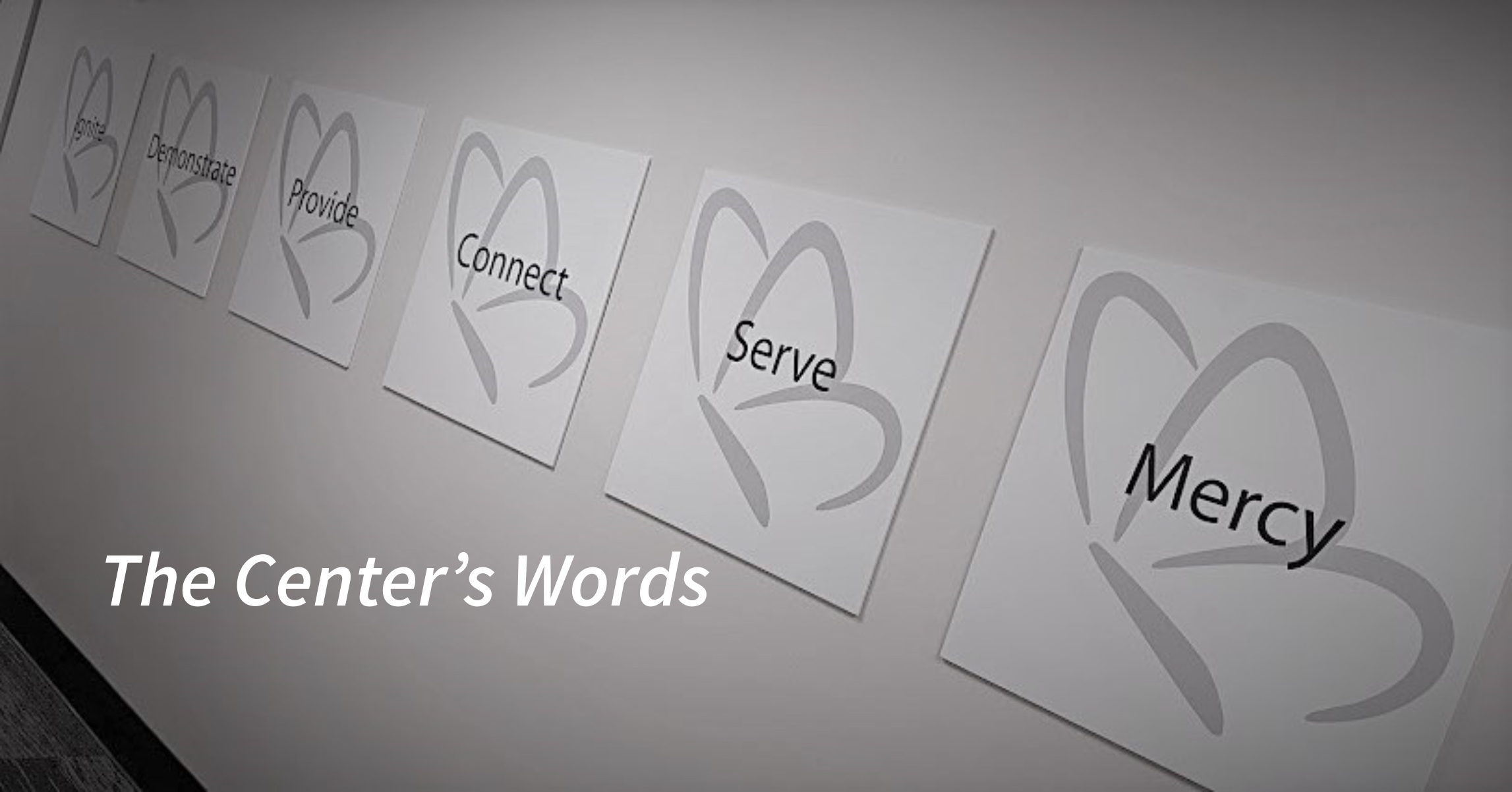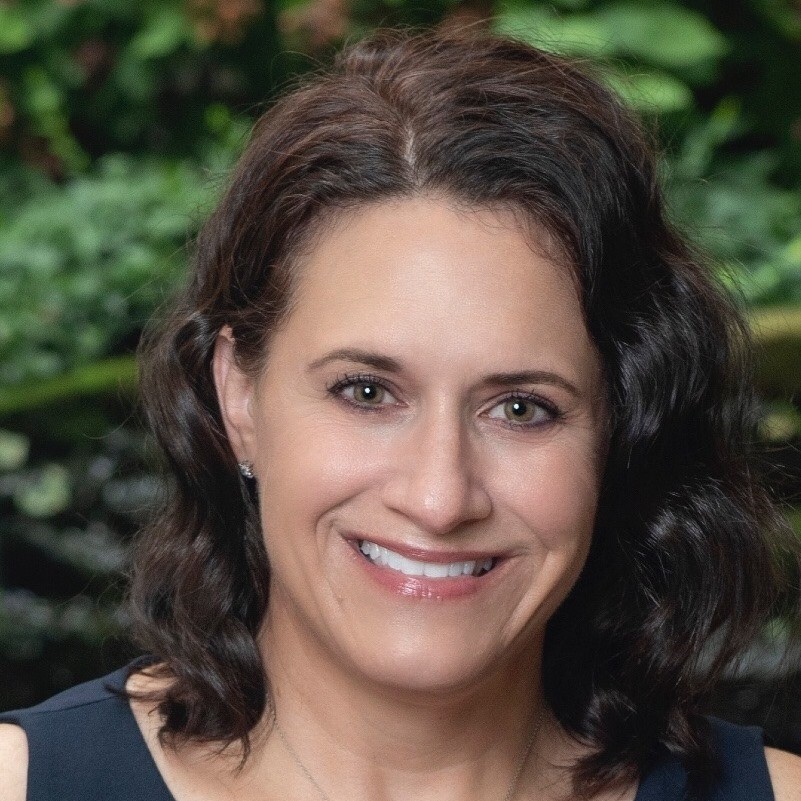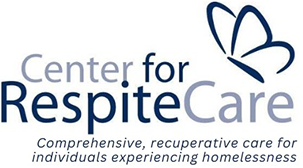
Working Across the Nation to Learn Best Practices

I recently wrote about work that The Center for Respite Care is doing with the National Coalition of Healthcare for the Homeless Council. I am heartened to learn that the care that we provide to people experiencing homelessness is consistent with other providers. We are energized to participate with this group as we learn and share our own teachings. The following is taken from a white paper recently shared within this group. The findings are a compilation of research and data provided by experts.
- Medical Respite Care (MRC) fills an important gap in healthcare when patients are not sick enough to remain in an inpatient hospital setting but are too sick to be returned to the streets or traditional shelter settings. (The Center serves this population.)
- Medical respite care was introduced in the mid 1980’s and has grown from 73 facilities in 2013 to 116 facilities at present. (The Center is nearly 20 years old)
- Although there is much variation in size and scope of MRC centers, a systematic review found that medical respite programs reduced future hospital admissions, inpatient days, and hospital readmissions. (This is something that the Center demonstrates daily.)
- MRC has also been associated with improved housing outcomes.
- Research has begun to highlight outcomes from guest perspectives as well, leading to important findings beyond health care use and cost.
“The National Institute for Medical Respite Care (NIMRC) (the group with whom the Center has worked on this project), a special initiative of the National Health Care for the Homeless Council, planned and implemented a stakeholder engagement project, Identifying Strategies to Engage Medical Respite Care Programs and People Experiencing Homelessness, to explore opportunities for advancing patient-centered outcomes research within the field of MRC. This research agenda is based on the cumulative activities leading to and including a two-day project summit involving various stakeholders from more than 22 MRC programs and communities nationwide.”
One of the focal points included was on the site-specific level and guest (clients) experiences within sites. Varying stages of MRC can be researched or evaluated as well as the guest experience more holistically. Accordingly, specific study of outreach, specific services, referrals, discharge, housing status post discharge, and follow-up lend toward important research complementary to other aims. Such research can focus on the implementation of programming and work with implementation science framing. The Center has squarely focused on relationships with all referral organizations and other social service providers to ensure the best possible future for our guests-clients.
Another focal point draws on the myriad relationships described by participants in the summit and the importance of connections between guests and providers and relationships between MRC programs and hospitals, stakeholders, and local communities. This has been and continues to be a focus for the Center.
“Across summit sessions it is clear that there is both an interest and a need for inclusion and engagement of people with lived experience. Building trust and staying engaged from the earliest stages of MRC to discharge and follow up are important. Although programs vary and there are unique community level challenges, there is a need for documentation on program models and measures in relation to stakeholder groups in order to support MRC and demonstrate need and efficacy.”

